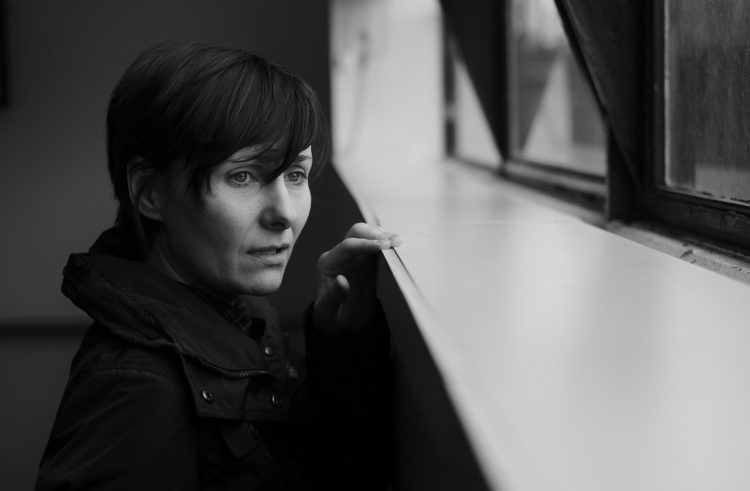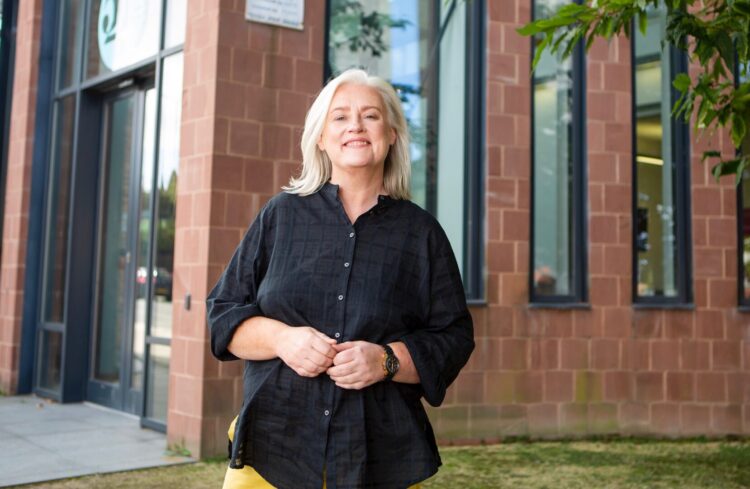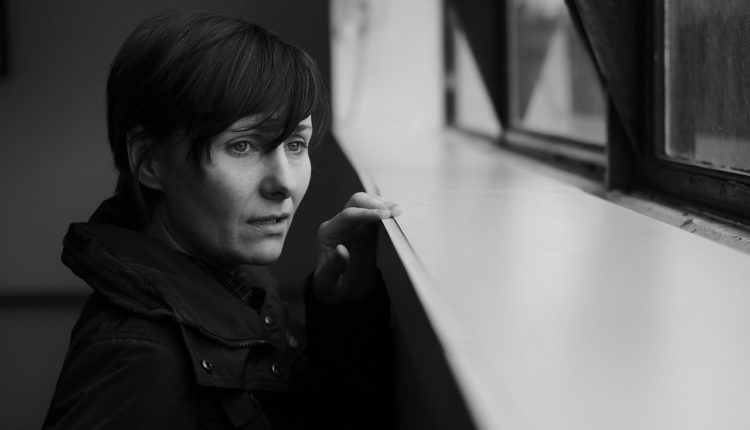Liverpool social enterprise The Women’s Organisation has commented on a new study which illustrates the how the health crisis is impacting on women and other minority groups. Tony McDonough reports

Women are being disproportionately hit by the devastating effects of the coronavirus epidemic, a new report reveals.
Liverpool social enterprise The Women’s Organisation commented on the study which illustrates the how the health crisis is impacting on women and other minority groups across the UK, amplifying the effects of pre-existing inequalities.
Statistics revealed in the Crises Collide: Women and Covid-19 report from the Women’s Budget Group show “alarming indicators” on the immediate impact that the coronavirus pandemic is having on different groups of women.
READ MORE: Women’s Organisation among top 1% UK social enterprises
It highlights how many women are on the front line of fighting the epidemic, making up 77% of healthcare workers and 83% of the social care workforce, both identified among the highest risk jobs.
The report also reveals how the lockdown has put those women who were already suffering domestic abuse, at even higher risk. Maggie O’Carroll, chief executive of The Women’s Organisation, said: “We also know that women are more likely to be living in poverty, particularly in female-headed households where 45% of lone parents (90% of whom are women) are living in poverty.
“The coronavirus outbreak has triggered an unparalleled socio-economic crisis which has compounded the pre-existing inequalities within our society, meaning that different groups, particularly women, have been affected differently and often disproportionately.
“Indeed, the global crisis has shone a stark and concerning light on the impact of these deep-rooted inequalities on women, as revealed in the Crises Collide report.”
Click here to read and download the full report
Not only are women facing dangers from the virus and from domestic violence, but they are also taking an higher than average economic hit. Ms O’Carroll added: “Economically, women are more likely to have suffered financially.
“Young women are more likely to work in the sectors like hospitality, leisure and tourism which have been hit hardest by the lock-down. Their employment is also more likely to be low paid and insecure. Take for example, 69% of low paid earners are women and they also make up 54% of those on zero hours contracts.

“The impacts of this will be far reaching and so it is essential that the right support is put in place to redress this balance to make sure the women and other groups are properly protected and supported to recover from this to play full roles in social and economic life.
“That’s why The Women’s Organisation will continue to lobby local and national government to make sure there’s adequate resources in place to tackle these inequalities moving forward.”
Key statistics from the report:
- Women are the majority of health and care workers. 77% of healthcare workers are women, as are 83% of the social care workforce.
- Women are the majority of workers with highest exposure to COVID-19. Of the 3.2m workers in ‘high risk’ roles, 77% are women. Over a million of these workers are paid below 60% median wages. 98% are women.
- Young women are disproportionately likely to work in the sectors that have been hit hardest by the lock-down. 36% of young women and 25% of young men worked in sectors that have been closed down including restaurants, shops, leisure facilities and travel and tourism.
- Women are more likely to be low paid and in insecure employment. 69% of low paid earners are women 74% of those in part-time employment are women. 54% of those on zero hours contracts are women.
- Women are the majority of people living in poverty and female-headed households are more likely to be poor. For example, 45% of lone parents (90% of whom are women) are living in poverty.
- Women are more likely to experience domestic and sexual violence and abuse. More than one in four women will experience domestic abuse during her lifetime: that is 1.3m women under 60 in the last year alone.

